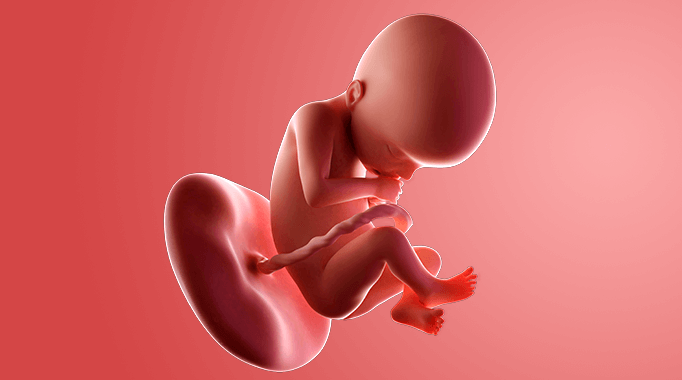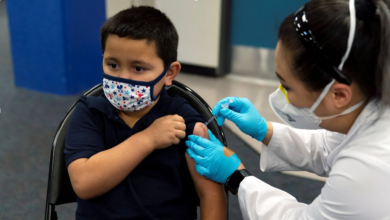Baby:2vq_Bu2uoxk= 20 Weeks Pregnant

Baby:2vq_Bu2uoxk= 20 Weeks Pregnant, the fetus undergoes remarkable changes that are both fascinating and critical for its development. This period marks a significant milestone in the pregnancy journey, as enhanced muscle coordination and fat deposition contribute to the baby’s growth and activity levels. Expectant mothers may notice these developments through increased fetal movements, which not only signal health but also reflect the nurturing environment they provide. Understanding these dynamics is essential, especially as the second trimester unfolds—what implications might this phase hold for both mother and child?
Baby’s Development at 20 Weeks
At 20 weeks of gestation, what significant developments are occurring in the fetus?
The baby’s growth is marked by rapid weight gain and increased fat deposition, contributing to a more rounded appearance.
Additionally, fetal movements become more pronounced, as the developing muscles and coordination enhance the ability to kick and stretch.
These movements are critical indicators of the baby’s health and well-being during this stage.
Changes in the Mother’s Body
During the 20th week of pregnancy, significant physiological changes occur in the mother’s body as it adapts to support the developing fetus.
Notable body changes include an increase in blood volume and alterations in the cardiovascular system.
Hormonal shifts also play a crucial role, enhancing metabolic processes and preparing the body for lactation, ultimately facilitating a supportive environment for fetal growth and development.
Emotional and Physical Well-being
As pregnancy progresses into the 20th week, both emotional and physical well-being become increasingly intertwined, necessitating attention from expectant mothers.
Adequate emotional support is crucial during this period, as it helps mitigate stress and promotes overall health.
Implementing effective stress management techniques, such as mindfulness and relaxation exercises, can significantly enhance maternal well-being, fostering a positive environment for both mother and developing baby.
Read Also Clipart:_6htynh8pbk= Runner
Preparing for the Second Trimester
Transitioning into the second trimester marks a pivotal phase in pregnancy, requiring expectant mothers to reassess their preparations and health strategies.
Implementing nutrition tips, such as increased protein and calcium intake, is essential for fetal development.
Additionally, establishing safe exercise routines, like walking and prenatal yoga, can enhance physical well-being and energy levels, promoting a healthier pregnancy journey for both mother and child.
Conclusion
At Baby:2vq_Bu2uoxk= 20 Weeks Pregnant, fetal development reaches a significant milestone characterized by notable growth and enhanced movement, which serve as critical indicators of health. Maternal changes also manifest, reflecting the ongoing adaptation to support the developing fetus. Emotional and physical well-being remain paramount during this phase, as preparation for the second trimester becomes essential. Ultimately, monitoring fetal activity is not merely a precaution; it is a vital aspect of ensuring that both mother and baby are thriving during this pivotal period.




